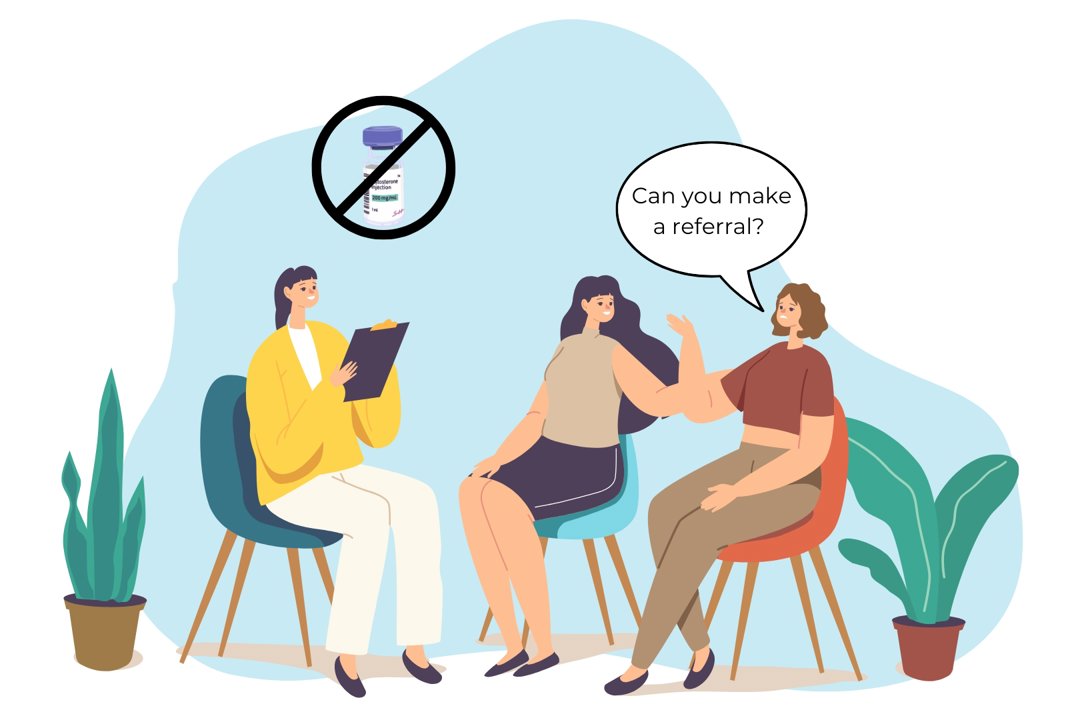
- Patients
Utah's Ban on Gender-Affirming Care For Transgender Youth May Regulate Referrals
Physicians and health care providers in Utah should exercise caution because it is possible that the medical board could interpret the law to prohibit referrals for the banned gender-affirming care.
State lawmakers in Utah recently enacted legislation that effectively bans certain gender-affirming care for transgender youth. This article addresses whether Utah’s SB 16 prohibits physicians from referring minor patients to out-of-state physicians for puberty blockers or gender reassignment surgery.
The restrictive Utah law prohibits health care providers from “providing a hormonal transgender treat to new patients who were not diagnosed with gender dysphoria before a certain date” and “performing sex characteristic surgical procedures on a minor for the purpose of effectuating a sex change.” Because the law does not explicitly permit referrals for the banned care, the law creates uncertainty for physicians in Utah who may want to refer minors to gender-affirming care in other states.
Physicians and health care providers should exercise caution because it is possible that the medical board could interpret the law to prohibit referrals for the banned gender-affirming care.
The Plain Language and Legislative History Supports that the Statute Bans Referrals
The Utah law prohibits health care providers from “providing a hormonal transgender treatment to new patients who were not diagnosed with gender dysphoria before a certain date” and “performing sex characteristic surgical procedures on a minor for the purpose of effectuating a sex change.” The statute describes punishable unprofessional conduct as “performing, or causing to be performed, upon an individual who is less than 18 years old: (i) a primary sex characteristic surgical procedure; or (ii) a secondary sex characteristic surgical procedure.”1 However, the statute fails to define the phrase “causing to be performed.”
The stated purpose in the statute is to protect Utah minors from irreversible surgical or hormonal treatments. According to the committee and floor debates for the bill, the statute addresses a lack of sufficient training on gender dysphoria for medical professionals who perform irreversible procedures and hormonal treatment. Considering the purpose and the plain language, the Utah Division of Professional Licensing (the “Licensing Board”) could interpret “causing to be performed” to encompass a ban on referrals for gender reassignment surgeries and could interpret the ban on “providing” hormonal treatment to encompass referrals. And, unfortunately, the legislative history of the statute did not address referrals whatsoever.
If the Licensing Board disciplined a medical professional for providing a referral, the medical professional could appeal. Any court interpreting the statute begins with the plain language of the statute. Because the statute does not define “causing to be performed” or “providing” the court could use the dictionary definitions. “Cause” means “to bring about or effect.”2 “Provide” means “to make something available.”3 Although indirectly, a referral constitutes a means to “cause” a gender reassignment surgery to be performed. Similarly, a referral for hormonal treatment “makes [the hormonal treatment] available.” Based on the plain language, a court could hold that the statute bans referrals by Utah medical professionals to out-of-state providers for minor gender reassignment surgery and hormonal treatment. Therefore, the Licensing Board and a court could find that the statute penalizes referrals for minor gender reassignment surgeries and hormonal treatment.
The Statute May Be Subject to Challenge
The ACLU urged the Governor to reject the bill because the law “undermines the health and well-being of adolescents, limits the options of doctors, patients, and parents, and violates the constitutional rights of these families.”4 The ACLU has publicly promised to challenge the Utah statute and successfully challenged a similar Arkansas statute that explicitly banned referrals. However, since the statute became effective, the ACLU has not provided any further statements on its intent to challenge the law.
1 Id. at § 58-67-502(f) (emphasis added).
2 Cause, Black’s Law Dictionary (10th ed. 2014).
3 Merriam-Webster.com Dictionary, s.v. “provide,” accessed February 13, 2023, https://www.merriam-webster.com/dictionary/provide.
4 https://www.aclu.org/press-releases/utah-bans-health-care-for-transgender-youth
